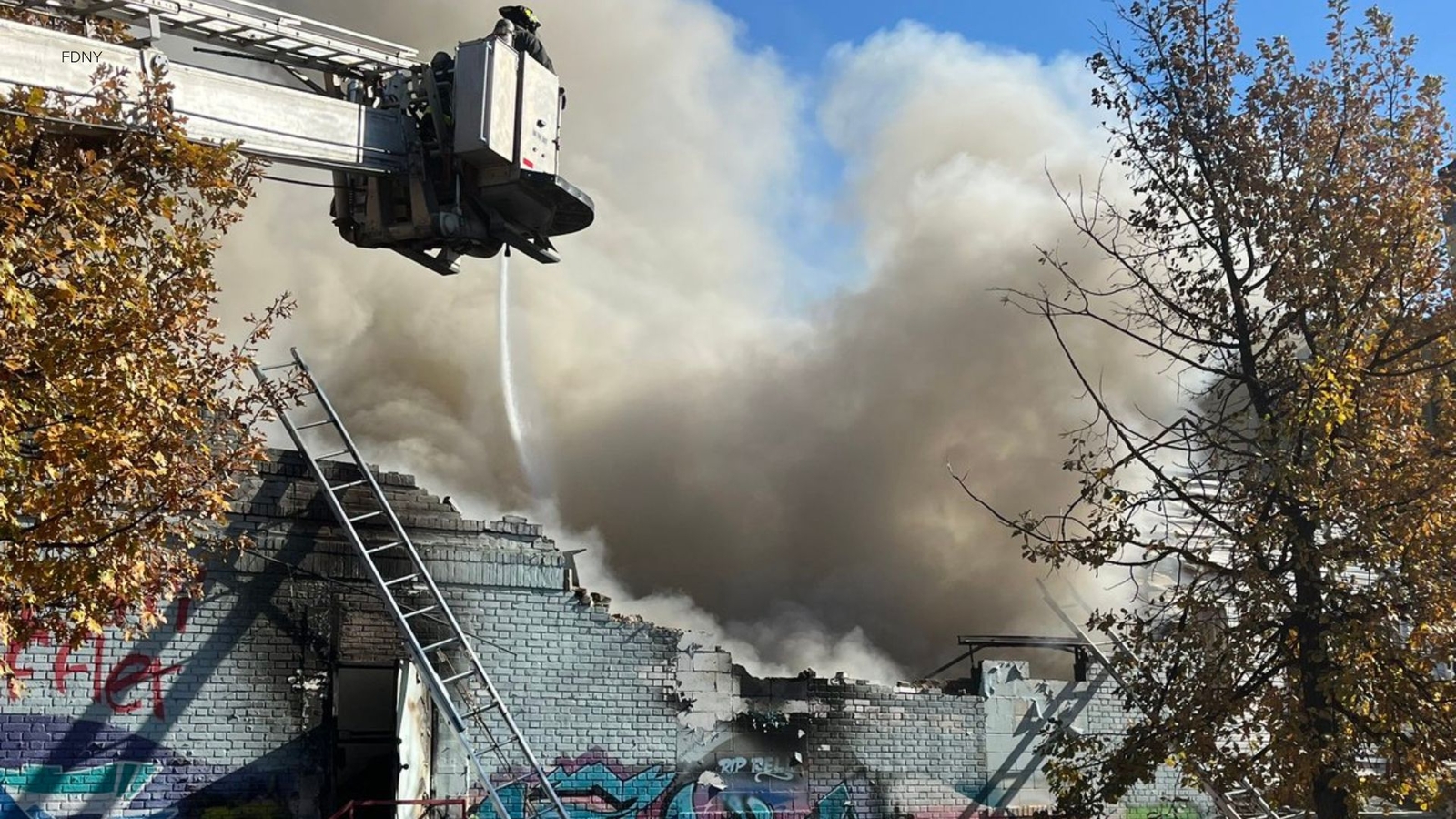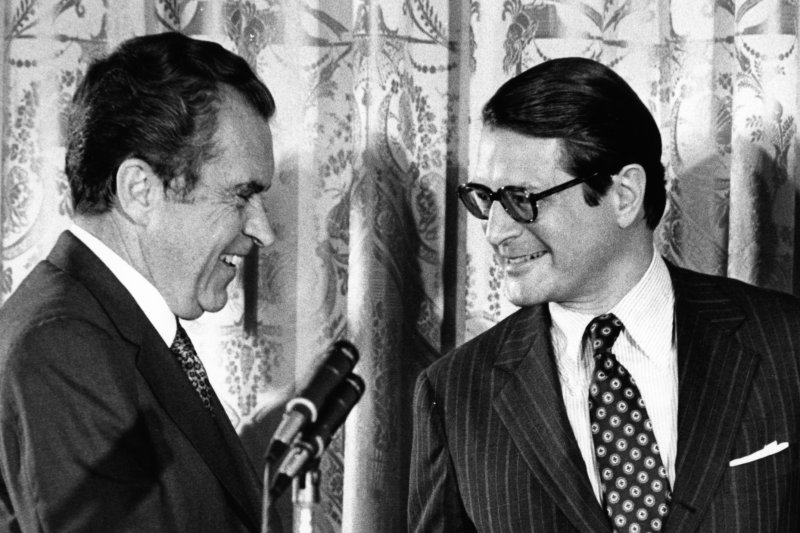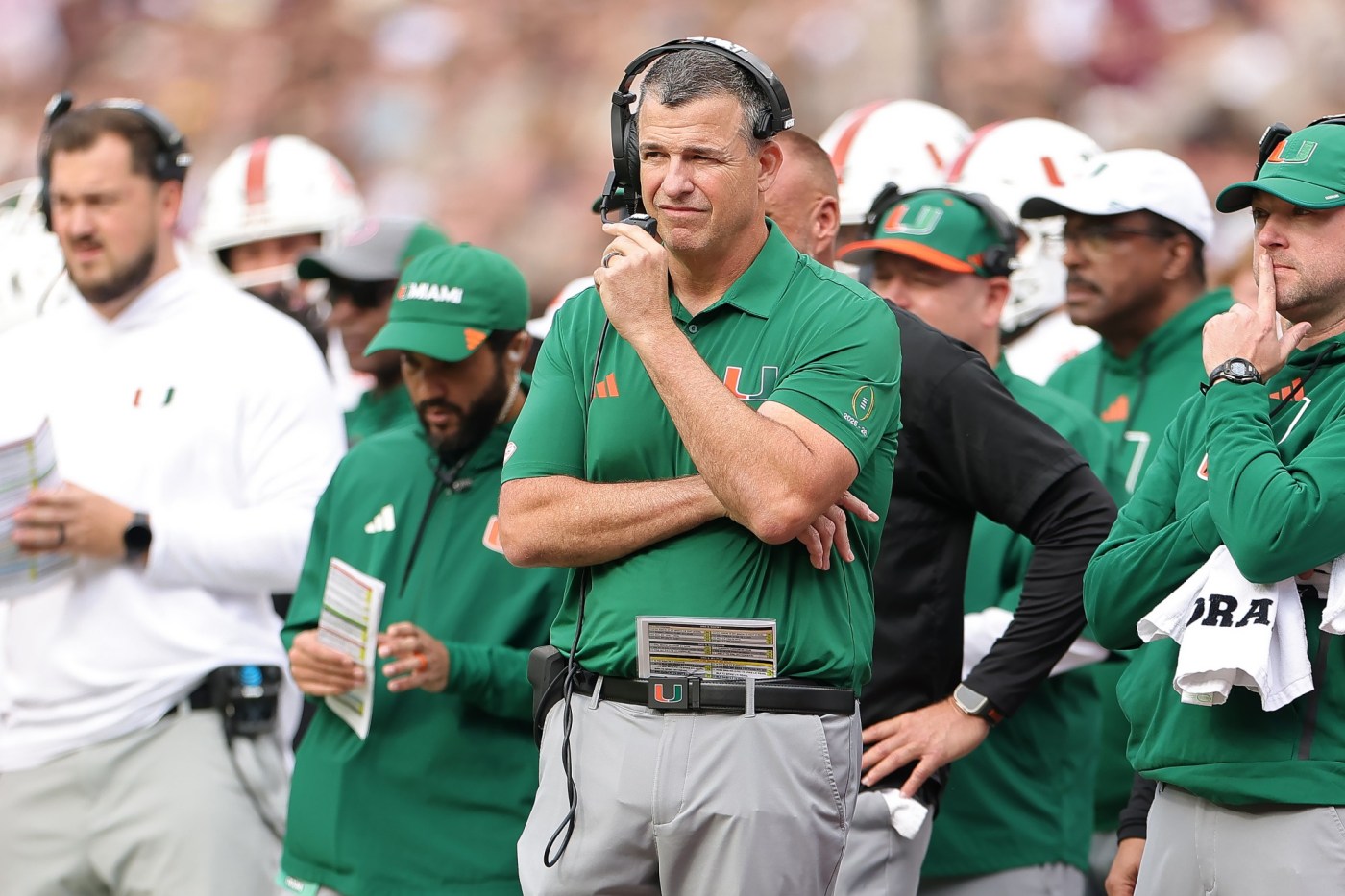URGENT UPDATE: The U.S. economy is on the brink of a significant crisis as it grapples with soaring interest rates and the impending disruption from artificial intelligence (AI). Experts warn that the consequences of these challenges could mirror Japan’s troubling “zombie economy” experience from the past decades.
As of now, the U.S. is witnessing a steady increase in long-term bond rates, escalating costs for consumers, businesses, and the government. Just last week, the Federal Reserve confirmed that rates on long-term bonds have risen sharply since the pandemic, leading to higher mortgage payments and loan costs.
The economic landscape is changing rapidly. If the government opts to implement policies to artificially lower these rates, experts caution that the long-term implications could be dire. Allison Schrager, a senior fellow at the Manhattan Institute and Bloomberg Opinion columnist, underscores the risks of such financial repression. Japan’s experience illustrates that keeping rates low can foster “zombie companies”—businesses that survive purely on cheap debt without a viable business model.
KEY FACT: Japan’s historical approach led to a languishing economy filled with unprofitable firms, now facing a wave of bankruptcies. As many family-run businesses shutter their doors, the impact of prolonged low interest rates is evident.
The U.S. economy, built on the foundation of historically low rates, now faces a critical juncture. Higher interest rates could push struggling firms to the brink, with AI technology poised to exacerbate job losses and business failures. Despite the potential for AI to enhance productivity, many Americans may find themselves out of work as automation replaces traditional roles.
With the Biden administration eager to mitigate these economic challenges, Treasury Secretary Scott Bessent has expressed interest in lowering long-term rates. However, he has also voiced skepticism about the effectiveness of quantitative easing (QE), raising questions about the administration’s strategy moving forward.
As the government considers its next steps, the urgency to address these economic pressures is palpable. With the Federal Reserve’s recent actions during the pandemic still causing turmoil in the housing market, analysts warn that a repeat of Japan’s policies could lead to a similar economic malaise in the U.S.
The potential for a “zombie economy” looms large, as financial repression could allow unproductive businesses to survive longer than they should, further hampering economic growth. As the government grapples with these pressures, the stakes could not be higher.
As of today, the U.S. economy stands at a crossroads. The decisions made in the coming weeks could define the landscape for years to come, impacting millions of Americans. Stay tuned for updates as this developing story unfolds.







